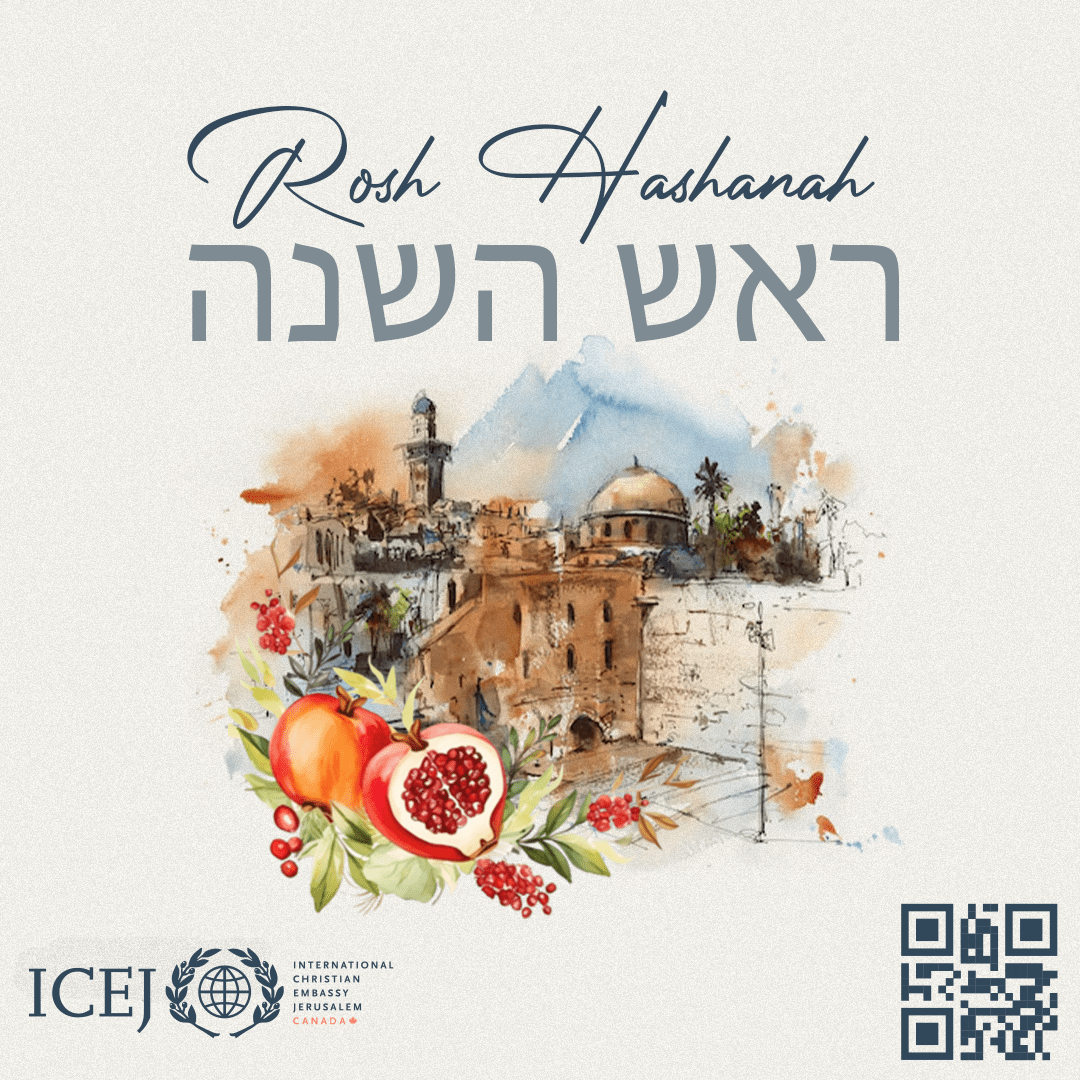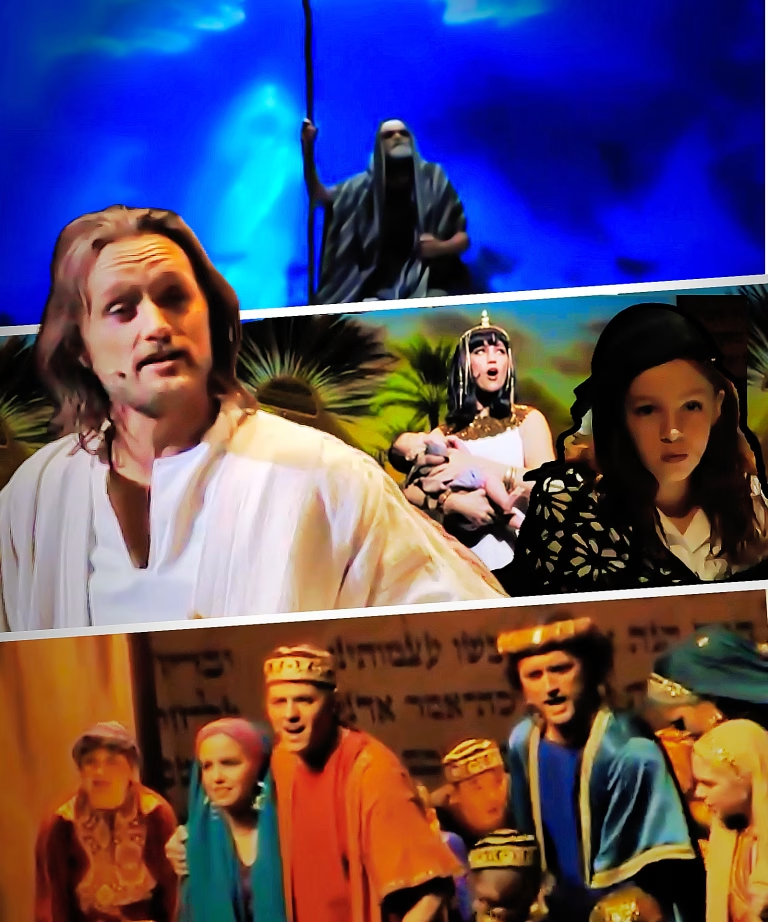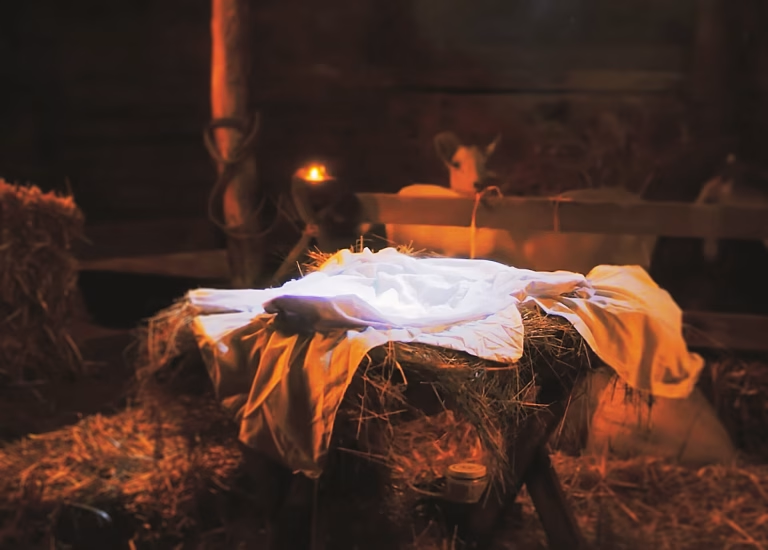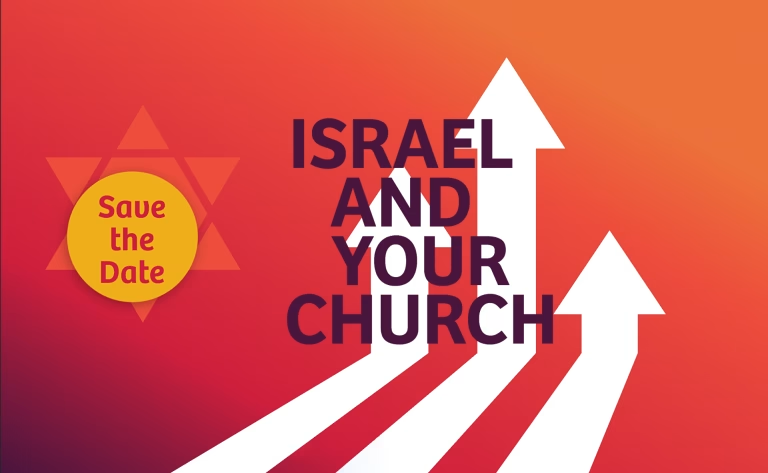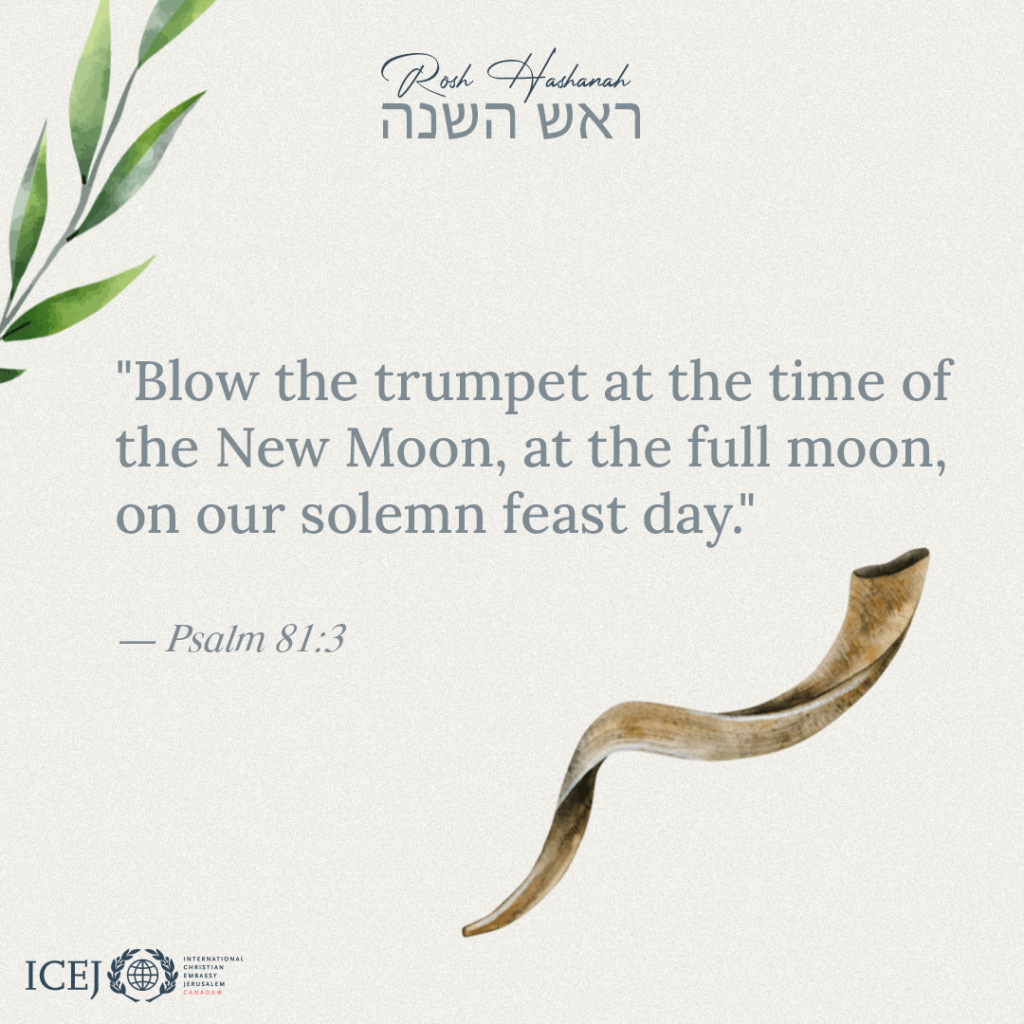
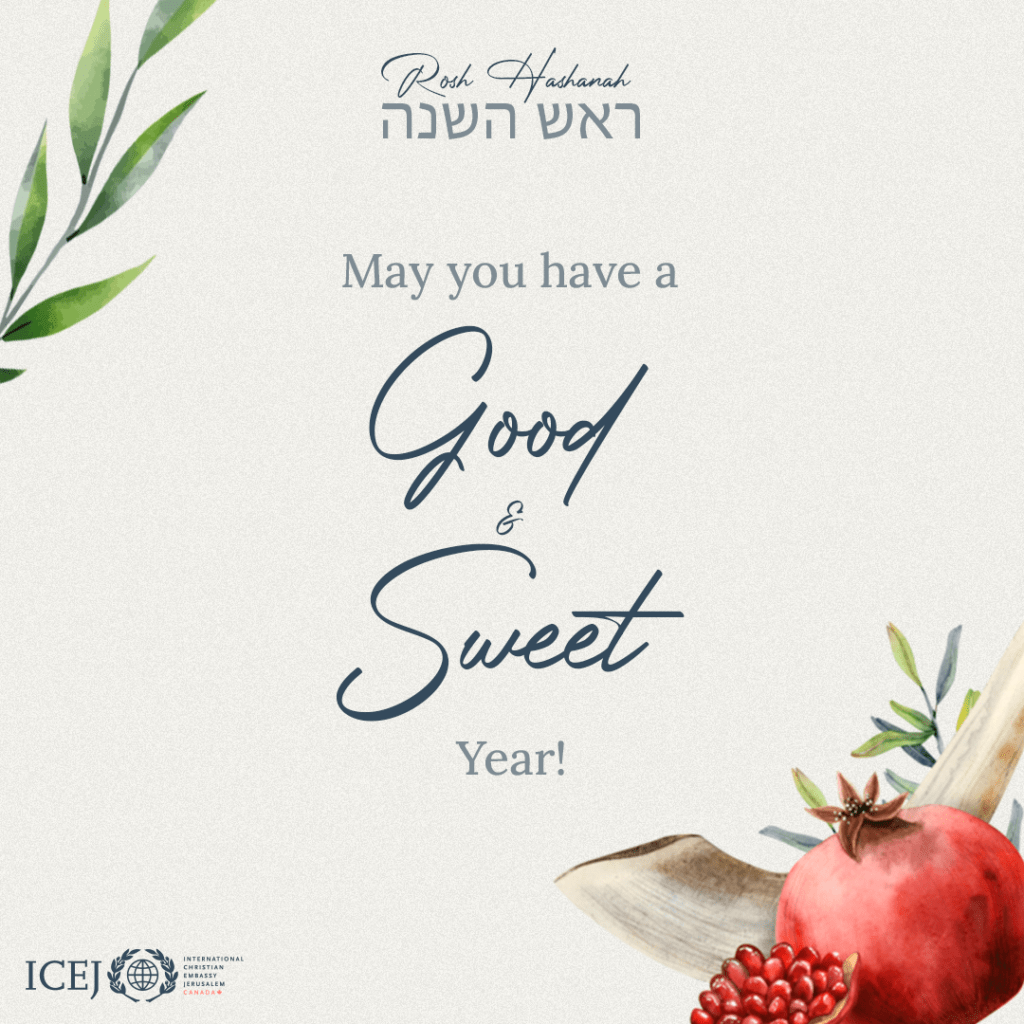
In the scriptures, the day known as Rosh Hashanah (meaning “Head of the Year”) is not referred to as the “New Year.” Instead, the Lord calls it “Yom Teruah,” translated as “the Feast of Trumpets.”
On this day, He commanded blowing the shofars – ram’s horns. The sound was a reminder to repent and to encourage reflection as the Fall Holidays begin, which climax with the Day of Atonement (Yom Kippur) and close with the Joyous Feast of Tabernacles (Sukkot).
This holy day is a clarion call for the Jewish people to turn back to God and cast off their sins.
Jewish tradition holds that the world was created on Rosh Hashanah; hence, the changing of the numerical Hebrew year happens on this day. According to the Hebrew calendar, we are entering into 5785.
As supplications are made that the year would be crowned with goodness, God is crowned on the praises and prayers of Israel. Psalm 47 is even recited seven times before the Shofars are sounded!
Many other beautiful traditions are observed, including much fun and festive eating. Round Challah bread, symbolizing crowns and the round cycle of the year, with apples dipped in honey, is served. Meals also include many other “Simanim” symbolic dishes representing hopes and dreams for the following year.
Then, during the day of Rosh Hashanah, it is tradition to visit a body of water like a river or the sea to symbolically cast off crumbs, representing last year’s sins and bad habits in a ceremony called “Tashlich.”
On this Rosh Hashanah, 5785, the ICEJ Family wishes Israel and the Canadian Jewish community a Shanah Tovah u’Metukah!


